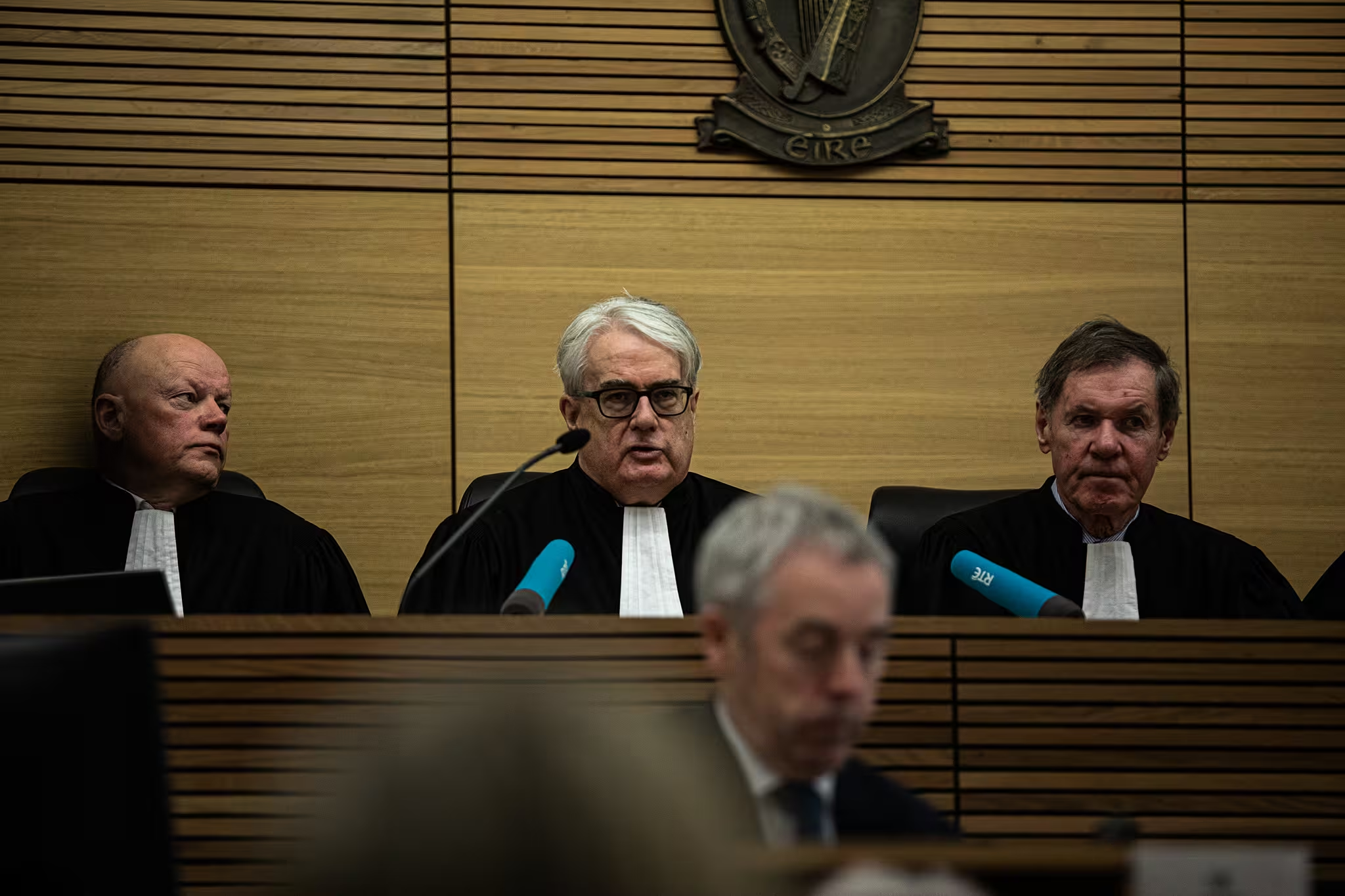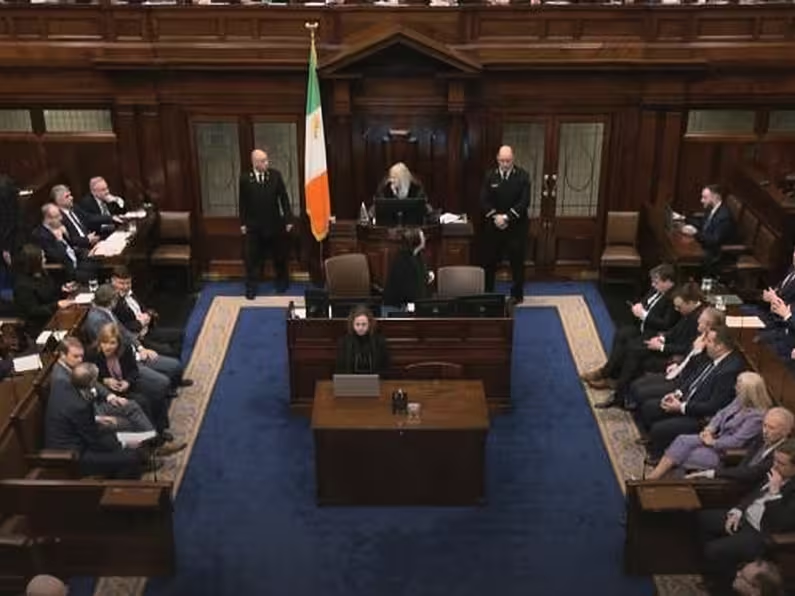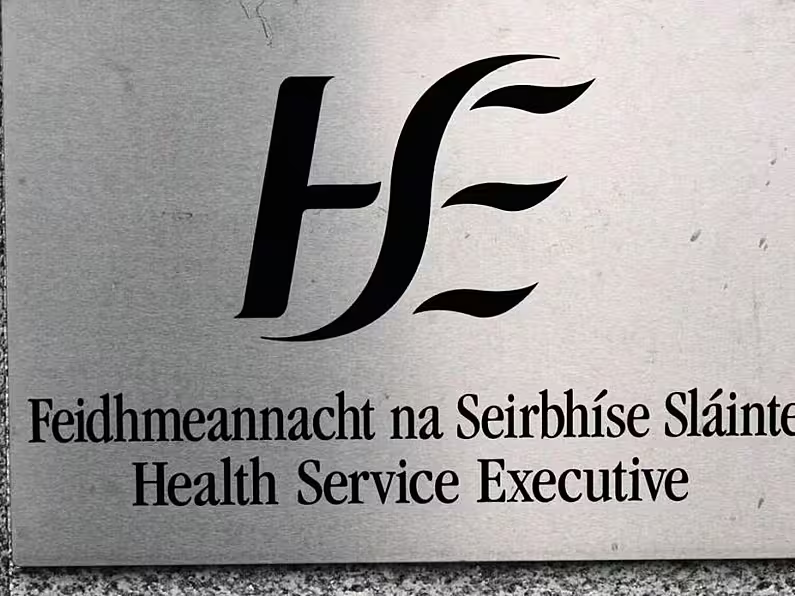In April 2015, Graham Dwyer was found guilty of murdering childcare worker Elaine O’Hara. Mobile phone data played a crucial role in the prosecution’s case. Both content and the tracking of relevant handsets through cell-site analysis were used in the trial.
Three years ago, Dwyer won a significant challenge against the law which allowed that data to be retained and accessed. The High Court felt its retention was “too general and indiscriminate.”
The State appealed that decision to the Supreme Court, which in turn sought clarity on a number of issues from the European Court of Justice.
In a special sitting of the Supreme Court on February 24th 2020, Dwyer v Commissioner of an Garda Siochana was held at Waterford Court House, the first time in the history of the state that the Supreme Court sat in Ireland's oldest City.

Supreme Court visit to Waterford
It's now emerged that an advisor to the European Court of Justice is of the opinion that the ‘general and indiscriminate” retention of mobile phone data is unlawful.
If adopted by the highest court in Europe, his stance will greatly boost convicted killer Graham Dwyer’s legal challenge to the controversial law.
In what could be a significant development this morning, an advisor to the ECJ gave an opinion which supports the 2018 High Court ruling.
His opinion is not binding on the court, but it’s seen as a good litmus test for the judgement that will follow in the coming months.
If the Supreme Court upholds the High Court’s judgement, then Dwyer is likely to feel like he has a much stronger hand when he eventually appeals his conviction.











